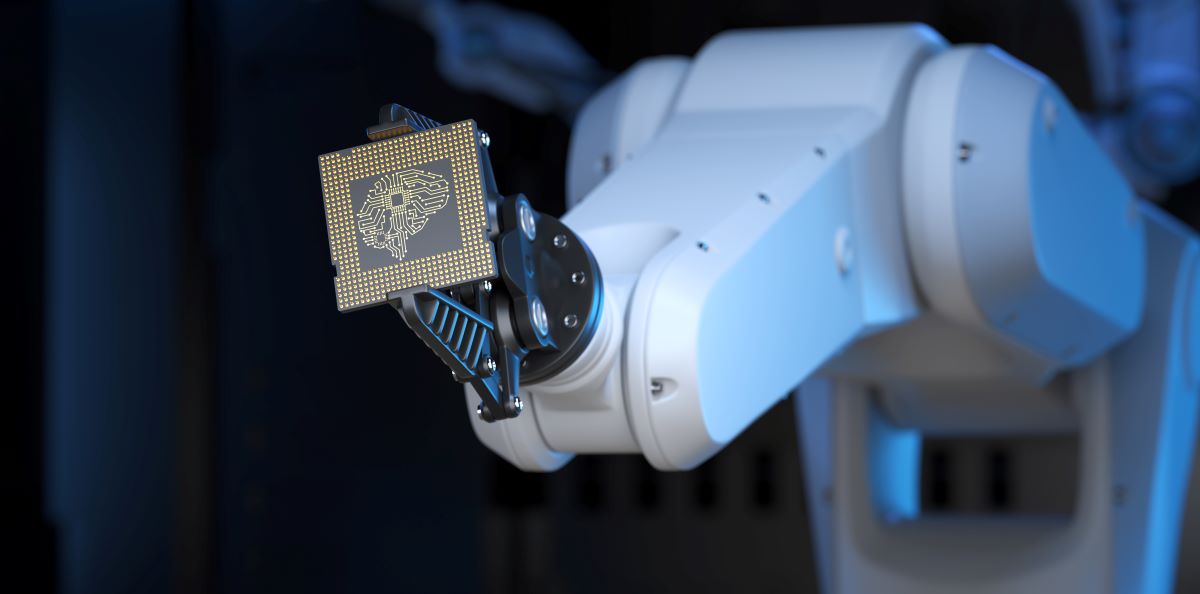Precision medicine is an emerging field of healthcare that aims to provide tailored treatments to patients based on their individual characteristics. This personalized approach has the potential to revolutionize the way we treat disease, and many believe that artificial intelligence (AI) will play a key role in its development.
AI is already being used to analyze massive amounts of data and make predictions about a patient’s health. While there are still many challenges ahead, researchers are confident that precision medicine will be more accessible as AI improves.
What is precision medicine?
Precision medicine is a medical model that focuses on providing personalized, patient-centered care. In this model, each patient’s unique characteristics are used to guide treatment decisions, rather than relying on one-size-fits-all approaches.
There are many potential benefits of precision medicine. By taking into account each patient’s individual biology, precision medicine has the potential to improve health outcomes and reduce side effects from treatments. In addition, precision medicine has the potential to save healthcare costs by targeting treatments more effectively and reducing the need for trial-and-error approaches.
One example of how precision medicine is being used to improve health outcomes is in the area of cancer treatment. Cancer cells can mutate rapidly, making them difficult to treat with traditional methods such as chemotherapy. However, by using genomic sequencing to identify the specific mutations present in a patient’s cancer cells, doctors can tailor treatments to target those specific mutations. This approach is proving to be more effective at treating cancer and reducing side effects than traditional chemotherapy.
The idea behind precision medicine is not new. Doctors have long understood that different patients respond differently to treatments, and as such have tailored their approaches accordingly. However, with the advent of technology such as DNA sequencing and machine learning algorithms, we are now able to measure human characteristics with extreme accuracy and precision. AI can help us make sense of these measurements and translate them into individualized treatment plans for our patients.
How is AI being used to advance precision medicine?
AI is helping to advance precision medicine in a number of ways. One example is the use of predictive analytics, which can be used to identify which patients are most likely to respond positively to a particular treatment.
Predictive analytics can be used for more than just determining which treatments work best for patients—it can also help researchers understand how and why those treatments work. This type of research is important because it helps us develop new drugs that are even more effective than what we have today, as well as providing insights into the causes of disease and how they progress.
AI can also be used to develop new treatments for diseases, by using machine learning algorithms to identify patterns in data that could lead to new insights about disease progression and potential treatments. Additionally, AI can be used to improve the accuracy of diagnostic tools, by providing more accurate and faster results than traditional methods.
What challenges must be overcome to fully realize the potential of precision medicine?
One of the key challenges that must be overcome to fully realize the potential of precision medicine is addressing the ethical considerations involved. As precision medicine relies on increasingly sophisticated forms of data collection and analysis, there are concerns about how this data will be used and who will have access to it. There are also questions about how effective treatments will be allocated in a fair and equitable manner.
Another challenge is ensuring that precision medicine approaches are affordable and accessible to all patients, regardless of their socioeconomic status. In many cases, precision medicine treatments can be expensive and may not be covered by insurance. This can create a barrier for patients who cannot afford to pay out-of-pocket for these treatments.
Finally, another challenge that must be addressed is the lack of diverse representation in precision medicine research. Currently, most research is conducted on populations of European descent, meaning that other groups are underrepresented. This can lead to potentially ineffective or even harmful treatments being developed for certain groups of people. To address this issue, it is important to ensure that precision medicine research is conducted on a more diverse population.
Conclusion
Precision medicine is a rapidly evolving field that has the potential to transform healthcare. AI is playing a significant role in advancing precision medicine, by helping to identify new targets for treatment, developing new diagnostic tools, and improving patient care. There are still some challenges that need to be addressed before precision medicine can reach its full potential, such as ethical considerations and access to data. But overall, precision medicine can potentially improve the quality of life for patients worldwide.
Precision medicine is the future of healthcare, and it’s here to help you live a longer and healthier life.
AI is one of the tools that can be used to improve precision medicine.
Precision medicine uses genetic data and other types of information about you to tailor your care for you. It uses your individual characteristics—like their genome, microbiome, and lifestyle—to determine what medications will work best for you.
AI is helping us figure out how to use this information more effectively by analyzing vast amounts of data and then finding patterns that lead to better treatments.
Using AI, we’ll be able to identify which patients have similar traits or characteristics so that we can provide them with personalized care plans that are more effective than traditional approaches have been before now!
If you want to get the best digital health news, you can visit our website, Digital Salutem. We will update digital health news every week, so please keep in contact with us every week! If you have any feedback or suggestion about patient care, wearables and digital health news or anything, please don’t hesitate to send an email to us!
Check our YouTube Channel, Healthcare Uncomplicated. To find out more about how we can help you with your Digital Healthcare Transformation, Healthcare organizational growth, or Healthcare brand positioning, please get in touch via phone +44 (0) 203 3620421 or via e-mail: info@digitalsalutem.com





